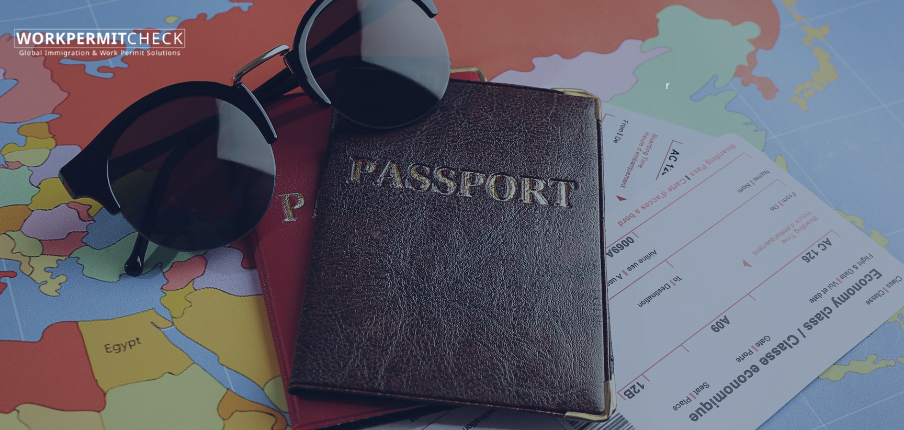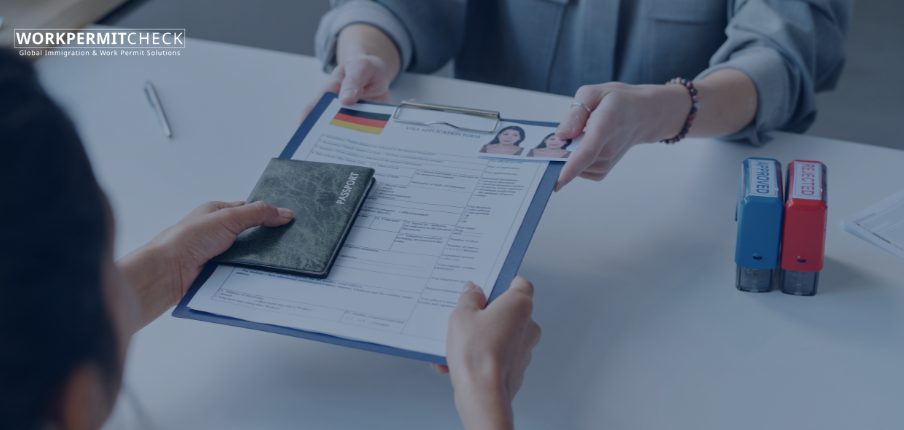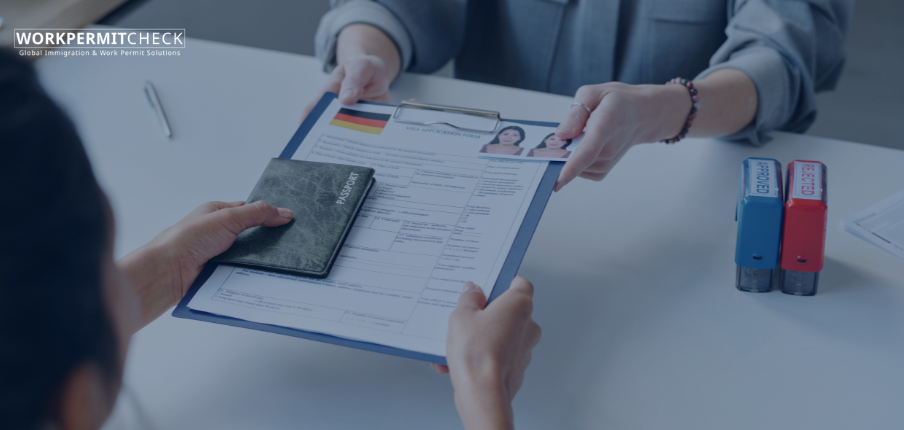Germany is one of the most attractive destinations for skilled professionals worldwide. If you are moving to Germany with a work visa, understanding your tax obligations is essential to remain compliant and avoid unexpected liabilities. Taxes in Germany are based on a progressive system, and they play a key role in funding social services and benefits.
Who Needs to Pay Taxes in Germany?
Work visa holders become tax residents if they live in Germany for more than 183 days in a calendar year or if Germany is their main place of residence. In such cases, you are taxed on your worldwide income. If you stay for less than 183 days, you are generally taxed only on income earned in Germany.
Types of Taxes for Work Visa Holders
1. Income Tax (Einkommensteuer)
• Progressive rates range from 14% to 45%, depending on your income bracket.
• A solidarity surcharge (Solidaritätszuschlag) may also apply, though it is reduced for most taxpayers since 2021.
2. Church Tax (Kirchensteuer)
• If you register as a member of a recognized religious community, you are required to pay church tax (8–9% of income tax).
3. Social Security Contributions
Work visa holders must contribute to Germany’s social system, which includes:
• Health insurance (public or private)
• Pension insurance
• Unemployment insurance
• Long-term care insurance
These contributions are automatically deducted from your salary, with your employer matching about half of the costs.
4. Solidarity Surcharge
• An additional 5.5% of income tax (not total income), though exemptions exist for lower-income earners.
Tax Filing and Deadlines
• Work visa holders typically have their taxes deducted at source by employers.
• However, if you earn additional income (freelancing, rental income, overseas income), you must file a tax return.
• The filing deadline is July 31 of the following year, though extensions are possible if you use a tax advisor.
Tax Identification Number
Once registered in Germany, you will receive a Steueridentifikationsnummer (Tax ID). This number is required by your employer to correctly deduct taxes and contributions.
Double Taxation Agreements
Germany has treaties with many countries to prevent double taxation. This ensures you don’t pay income tax on the same earnings in both Germany and your home country.
Disclaimer
This article is for informational purposes only and does not constitute legal or financial advice. Tax rules in Germany may change, and obligations can vary based on personal circumstances. Work visa holders are strongly advised to consult with a licensed tax advisor in Germany for personalized guidance.
September 30, 2025














































































































